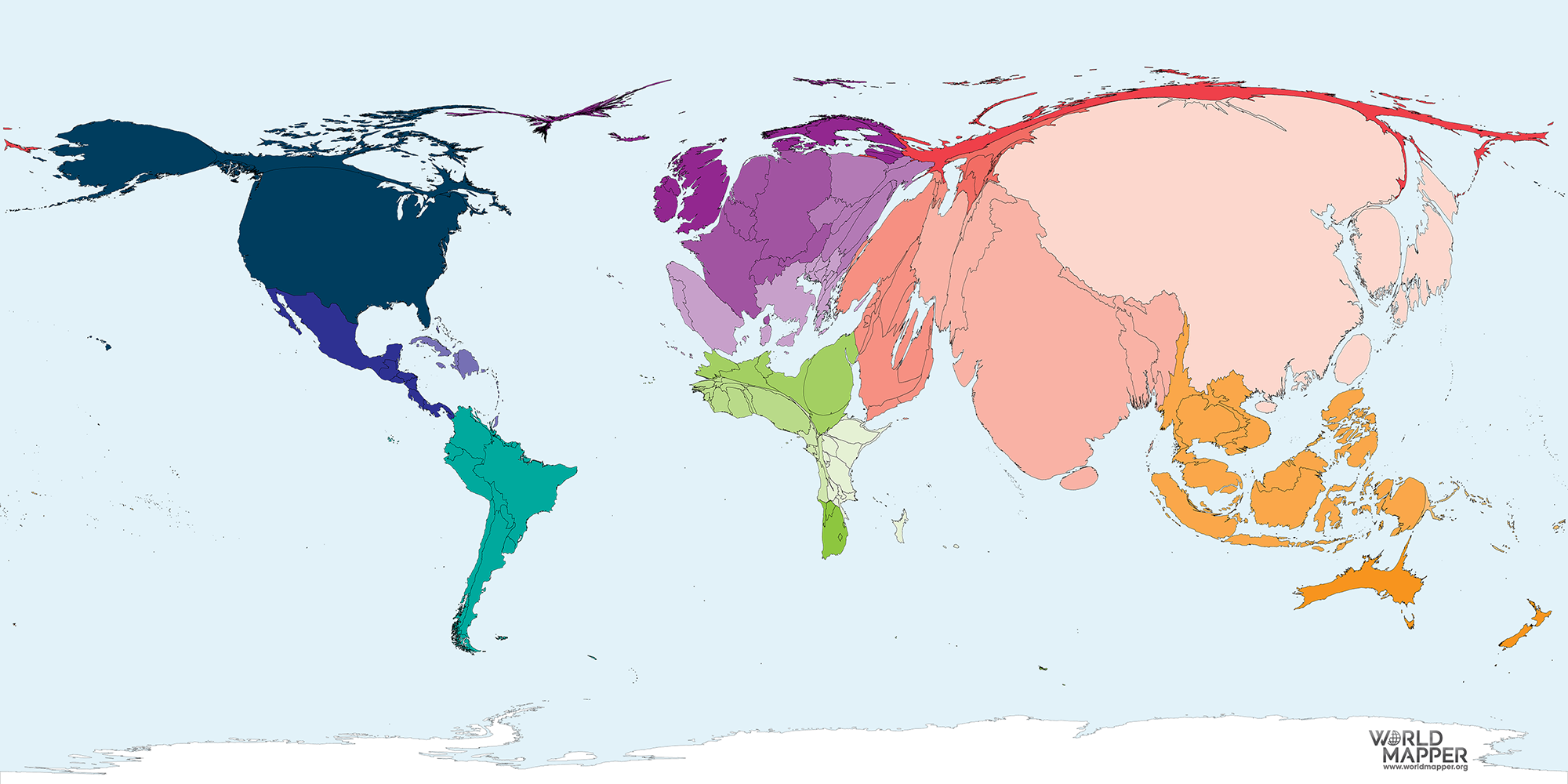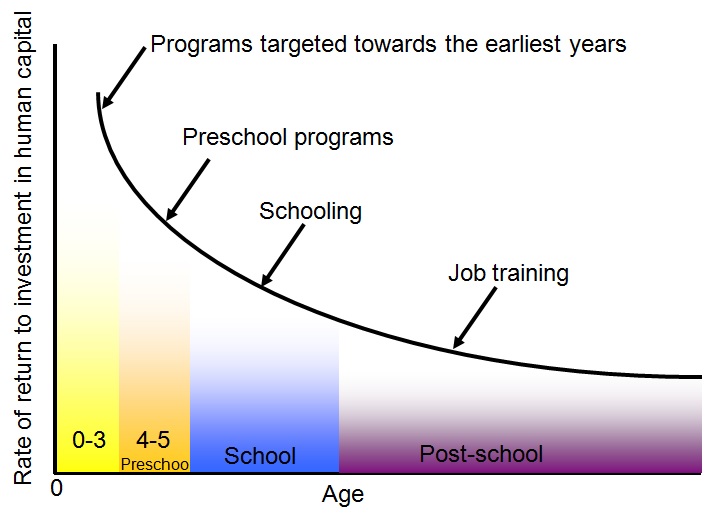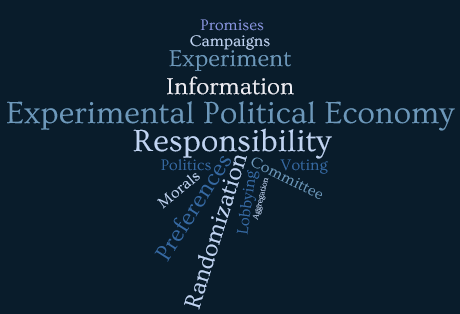- Учитель: Agustín Faure
- Учитель: Sebastian Gsell
- Учитель: Sebastian Hager
- Учитель: Fabian Waldinger
- Учитель: Leonie Bielefeld
- Учитель: Mathias Bühler
- Учитель: Miriam Goetz
- Учитель: Tobias Hauck
- Учитель: Andreas Haufler
Macroeconomics provides you with the core concepts and models used in macroeconomics. The focus is on the basics for analyzing growth and business cycles. In contrast to bachelor-level courses, we concentrate on micro-founded models of intertemporal choice. The course covers some of the most important workhorse models of macroeconomics and we study their implications for macroeconomic policy. The course will be made up of 8 chapters:
1. Some Facts and Basics
2. Neoclassical Growth: The Solow Model
3. Neoclassical Growth: The Ramsey Model
4. Overlapping Generations Models
5. Towards Endogenous Growth
6. Endogenous Economic Growth
7. Models of (Real) Cyclical Fluctuations
8. New-Keynesian Models of Fluctuations

- Учитель: Lukas Rosenberger
- Учитель: Uwe Sunde
- Учитель: Agnes Bierprigl
- Учитель: Gerhard Illing
- Учитель: Alexander Schwemmer
Welcome to the Microeconomics course for the MSc in Economics!
This course provides an introduction to microeconomic theory designed to meet the needs of students in economics at a graduate level. The course covers models of individual decision-making under uncertainty and game theory, providing an introduction to some of the main applications: risk sharing, moral hazard, auctions, mechanism design , signaling, etc.
We are glad to have you join us in December 2020,
Florian, Hoa and Silvia
- Учитель: Silvia Fernandez Castro
- Учитель: Hoa Ho
- Учитель: Tingfang Xiao
- Учитель: Agnes Bierprigl
- Учитель: Gerhard Illing
- Учитель: Maximilian Neumeier
- Учитель: Alexander Schramm
- Учитель: Simon Velten
- Учитель: Leonhard Vollmer
- Учитель: Lukas Weber
- Учитель: Daniel Weishaar
- Учитель: Alessandra Allocca
- Учитель: Christopher König
- Учитель: Alina Sagimuldina
- Учитель: Martin Watzinger
The course introduces you to several economic models, which you will learn to apply under the right circumstances. It focuses on microeconomic contributions to managerial decision making and includes areas such as profit maximization, pricing, strategic decision making, information asymmetries and behavioral economics.
- Учитель: Alessandra Allocca
- Учитель: Christopher König
- Учитель: Alina Sagimuldina
- Учитель: Martin Watzinger
A classic observation in economics is that living standards vary widely across countries. That living standards across also differ greatly between regions within countries is stressed less frequently. This is even though this observation is striking given that the different regions share the institutional structure and that workers and capital can move freely between different regions within a country. In this seminar, we will study potential reasons for the regional differences in living, and also ask how policy can help to align the standard of living across regions.
More specifically, we will tackle the following questions: How do productivity differences and rental markets affect the location of production? How large are the productivity gains of agglomerations? How does structural change---the decline of heavy industries or the rise of robots---and the rise of international trade affect local prosperity? And can policy affect regional economic conditions, and if so, how?- Учитель: Lukas Buchheim
- Учитель: Lukas Rosenberger
In this course you will learn to apply both microeconomic and macroeconomic theory as well as econometric methods to analyse fundamental questions regarding education and human capital. What are the long-term gains from education for the society and the individual? Why do people invest time, money and other resources in education? How can we measure human capital? How can education be efficiently provided? Can education help to create a more equal society?

- Учитель: Lukas Mergele
- Учитель: Katharina Wedel
- Учитель: Katharina Werner
- Учитель: Frauke Witthöft
This course covers machine learning methods, which have become relevant for economic research. Topics introduced in the course include model regularization, natural language processing and machine learning methods for count data, random forests
and causal trees, as well as deep learning. The lectures and tutorials will use
examples from recent academic papers relating to different areas of economic
research. Interactive materials with exercises and answers will be provided on
Moodle.
Programming language: Python
- Учитель: Thomas Fackler
- Учитель: Nadzeya Laurentsyeva
- Учитель: Jonas Löbbing
- Учитель: Ines Steinbach
- Учитель: Joachim Winter
- Учитель: Mehmet Ayaz
- Учитель: Leonie Koch
- Учитель: Jonas Löbbing
Liebe Studierende,
herzlich willkommen zum digitalen Kursraum der Veranstaltung Grundlagen der VWL 2. Dieser ist in Kapitel aufgeteilt. Hier finden Sie zu jedem Kapitel der Vorlesung das zugehörige Vorlesungsvideo, die Übungsvideos sowie sämtliche Unterlagen zu Vorlesung und Übung. Sie haben überdies die Möglichkeit inhaltliche Fragen zur Vorlesung oder zur Übung zu stellen. Für eine ausführliche Beschreibung lesen Sie bitte das PDF-Dokument "GVWL 2 - Semesterfahrplan".
Unter Ankündigungen werden wichtige, den Ablauf betreffende Ankündigungen verbreitet. Bitte prüfen Sie regelmäßig, ob es neue Ankündigungen gibt.
Unter Generelle Fragen zur Veranstaltung können sie organisatorische Fragen zur Veranstaltung stellen. Bitte prüfen Sie hierbei, ob eine ähnliche Frage bereits gestellt wurde. Wir bitten Sie von individuellen E-Mails abzusehen, da auch Ihre Kommilitoninnen und Kommilitonen von der Beantwortung der Frage im Forum profitieren.
- Учитель: Agustín Faure
- Учитель: Klaus Gründler
- Учитель: Sebastian Gsell
- Учитель: Jakob Miethe

